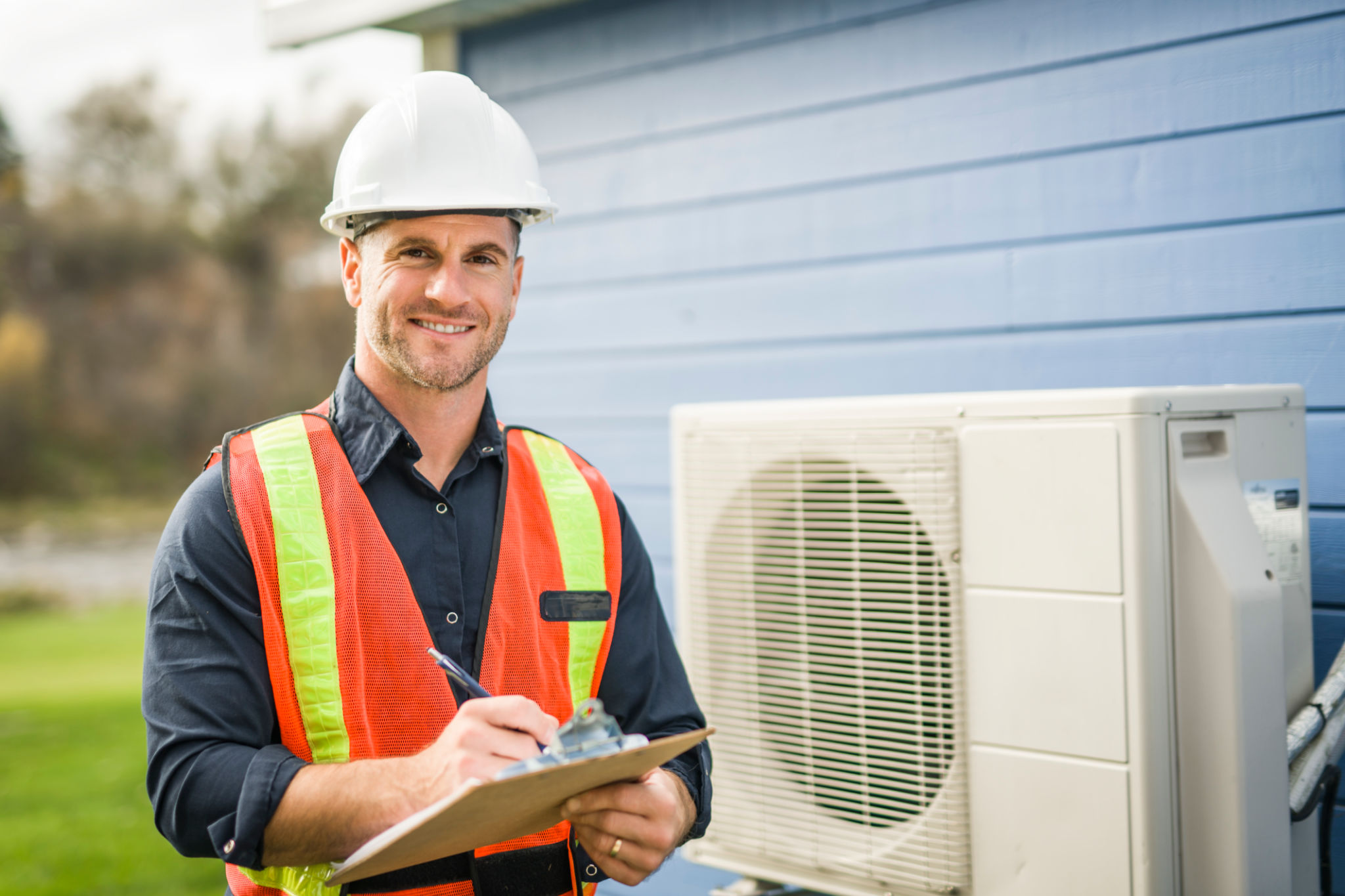The Ultimate Guide to Choosing the Right HVAC System for Your Home
Understanding Your HVAC Needs
Choosing the right HVAC system for your home is crucial for maintaining comfort throughout the year. Before making a decision, it's essential to understand your specific heating, ventilation, and air conditioning needs. Consider factors such as the size of your home, climate, and personal comfort preferences. These elements will guide you in selecting a system that effectively manages indoor temperatures and air quality.

Types of HVAC Systems
There are several types of HVAC systems available, each with its own advantages and considerations. The most common systems include:
- Split Systems: These are the most common type, featuring separate units for heating and cooling.
- Hybrid Systems: These offer a combination of gas and electric power for energy efficiency.
- Ductless Mini-Splits: Ideal for homes without ductwork, providing zoned heating and cooling.
- Packaged Systems: This type includes all components in a single unit, suitable for homes with limited indoor space.
Evaluating Energy Efficiency
Energy efficiency is a critical aspect to consider when choosing an HVAC system. Look for units with a high Seasonal Energy Efficiency Ratio (SEER) rating for air conditioners or an Annual Fuel Utilization Efficiency (AFUE) rating for furnaces. Higher ratings indicate better energy efficiency, which can lead to lower utility bills and reduced environmental impact. Additionally, consider systems that are ENERGY STAR certified for optimal performance.

Determining the Right Size
The size of your HVAC system significantly affects its efficiency and performance. A system that's too large will cycle on and off frequently, wasting energy, while one that's too small won't adequately heat or cool your home. It's crucial to conduct a load calculation to determine the appropriate size for your space. This calculation considers factors such as square footage, ceiling height, insulation levels, and local climate.
Professional Installation and Maintenance
Once you've selected the right HVAC system, professional installation is essential to ensure it operates correctly and efficiently. Skilled technicians can install the system according to manufacturer specifications, optimizing its performance and longevity. Additionally, regular maintenance is crucial to keep your system running smoothly. Schedule annual inspections and tune-ups to identify potential issues early and maintain efficiency.

Budget Considerations
Your budget is an important factor when choosing an HVAC system. While it's tempting to go for the cheapest option, investing in a higher-quality system can offer better energy efficiency and durability in the long run. Consider the initial cost, potential energy savings, and maintenance expenses when making your decision. Financing options or rebates may also be available to help manage costs.
Smart Technology Integration
The rise of smart home technology offers new possibilities for HVAC systems. Consider integrating smart thermostats that allow you to control your system remotely and adjust settings based on your schedule. These devices can enhance comfort while maximizing energy savings by learning your preferences and optimizing operation.

Conclusion
Selecting the right HVAC system is a significant decision that impacts your home's comfort and energy efficiency. By understanding your needs, evaluating different types of systems, considering energy efficiency, ensuring proper sizing, and opting for professional installation and maintenance, you can make an informed choice. Remember to factor in budget considerations and explore smart technology options to enhance your home's climate control capabilities.